Photo: U.S. President Donald Trump. (Photo by Win McNamee/Getty Images)
[People News] On February 12, U.S. President Donald Trump announced on his Truth platform that he had a long and productive phone call with Russian President Vladimir Putin on Wednesday. Trump also revealed that he had spoken with Ukrainian President Volodymyr Zelensky.
This signals that the Russia-Ukraine war, which has disrupted the world for three years, may soon come to an end under President Trump’s diplomatic strategy. Trump stated that both he and Putin agreed to begin negotiations immediately to end the war.
Trump has appointed Secretary of State Marco Rubio, CIA Director John Ratcliffe, National Security Advisor Michael Waltz, and Middle East Special Envoy Witkoff to lead the negotiations. “I believe this effort will succeed and hope it will be realized soon!”
Ukrainian President Volodymyr Zelensky later confirmed discussions with Trump regarding “lasting and reliable peace.”
The resolution of both the Israel-Hamas conflict and the Russia-Ukraine war has drawn worldwide attention and poses one of the most significant foreign policy challenges since Trump assumed office. The resolution of these conflicts is critical not only for global peace and security and the future political landscape but also for determining the success of Trump’s “Make America Great Again” (MAGA) agenda. It could further affect the U.S.’s ability to secure an overwhelming advantage in its confrontation and final showdown with China.
The resolution of both conflicts now seems to show signs of hope. The U.S. and Israel have formed a strong alliance, and Israel’s superior military capabilities alone are enough to crush Hamas. Therefore, there is little suspense about ending the Israel-Hamas conflict. The key issues revolve around the eradication of Hamas, the rebuilding of Gaza, and ensuring lasting peace in the region. Trump proposed that the U.S. take control of Gaza. The focus this Saturday will be whether Hamas hands over all hostages. If Hamas violates the ceasefire agreement, resists, or refuses to release the hostages, it will face a devastating attack from Netanyahu, potentially with U.S. military support.
However, the complexity of a Russia-Ukraine ceasefire surpasses that of the Israel-Hamas conflict. Both Ukraine and Russia are sovereign states with differing but not insurmountable military capabilities. Both nations are currently engaged in a war of attrition, with the battlefield becoming a massive meat grinder. Millions have died over the past three years, which is one of the primary reasons Trump has repeatedly called for a ceasefire.
The U.S. has already spent $20 million on this war. However, it is absurd that Zelensky recently claimed Ukraine had only received $7.7 million in aid. Where did the rest of the money go? Conservative journalist Tucker Carlson recently revealed that half of the U.S. military aid to Ukraine was sold mid-transport to Colombian drug cartels. Who is profiting from this? The American left-wing political establishment is digging a grave for America and its people using American taxpayers' money. Trump must end this war.
The Chinese Communist Party (CCP) has labeled the Russia-Ukraine war a proxy war led by NATO and the U.S., but the CCP has been providing military and economic aid to Russia. It has even developed the Cross-Border Interbank Payment System (CIPS) to counter SWIFT and help Russia evade sanctions. While Russia refuses to be a CCP proxy, Putin’s “special military operation” has dragged NATO and the U.S. into a geopolitical quagmire, with the CCP reaping the benefits.
NATO, as a Cold War-era military alliance, should have gradually withdrawn from the historical stage or adjusted its strategic goals after the Soviet Union collapsed. It should now target the CCP as the enemy of the free world in the new Cold War era. However, NATO and U.S. left-wing political forces have mistakenly continued to view Russia as the West’s primary adversary while taking a self-destructive, "farmer-and-snake" approach to China.
From Nixon, Carter, Clinton, George W. Bush, to Obama, U.S. appeasement of China over the past 50 years allowed the CCP to deceive America, making the U.S. the biggest loser in the global trade system. In 2017, Trump became the first U.S. leader to recognize the need to end the game. During his first term, Trump launched a trade war with China, tore up the CCP’s globalization agenda, and strategically extended an olive branch to Putin, incorporating Russian cultural reconciliation into European and Western civilization—a “reverse Nixon strategy” without precedent. Recently, Putin mentioned that if Trump had not "had his presidency stolen" in 2020, there would have been no war. Putin’s statement reflects his genuine sentiment.
However, after three years of war, the Russia-Ukraine conflict has deeply altered both nations' destinies and entangled NATO, European security, the U.S., China, the Indo-Pacific framework, and the potential threat of a third world war in a web of complex geopolitical interests. Various parties are making demands behind the scenes, with the CCP watching like a hawk and harboring malicious intentions. A Russia-Ukraine ceasefire is not easily achieved.
For Trump and the MAGA-led U.S., ending the Russia-Ukraine war is essential, despite its difficulty. Since Trump’s election, multiple ceasefire proposals have emerged. Over the past two weeks, Trump has employed a mix of strategies—pressuring Russia at times and putting maximum pressure on Ukraine at others. He has proposed peace in exchange for land and military aid in exchange for resources, occasionally addressing Xi Jinping and at other times excluding the CCP from the negotiations. While the moves may seem chaotic, Trump’s approach of alternating between rewards and pressure aims for concessions from all sides and balanced interests, paving the way for a global alliance against the CCP.
Currently, Trump is accelerating his reverse Nixon strategy of aligning with Russia to counter China. Trump and Putin have engaged in trust-based personal diplomacy, as demonstrated by the release of American citizen Marc Fogel this week, facilitated by Trump’s special envoy Witkoff.
According to The Wall Street Journal, in 2021, Marc Fogel was arrested at a Moscow airport after Russian officials found less than one ounce of medical marijuana in his luggage. Fogel claimed that the marijuana had been prescribed by his doctor to treat back pain. In 2022, he was convicted of drug trafficking and sentenced to 14 years in prison.
During the large-scale prisoner exchange between the U.S. and Russia under the Biden administration, Fogel was excluded. In mid-July 2024, Fogel’s mother met with Trump at a rally in Butler, Pennsylvania, to discuss her son’s case. She was on stage when Trump was shot and an audience member was killed. Putin’s release of Fogel highlights Trump’s diplomatic strategy, showing that both Trump and Putin are moving toward ending the war. A U.S. official stated that Alexander Vinnik, the Russian co-founder of the popular cryptocurrency exchange BTC-e, would be released from U.S. custody on Wednesday. This may signal positive developments, as Trump and Putin appear to be warming up for ceasefire negotiations.
On his Truth platform, Trump stated: “If I were president, this war would never have happened, but now that millions have died, it must end.” Kremlin spokesperson Dmitry Peskov confirmed that “the Russian president has invited the U.S. president to visit Moscow and is willing to host U.S. officials in Russia to discuss matters of mutual interest, including how to resolve the Ukraine issue.”
Earlier that day, U.S. Secretary of Defense Hageses delivered a speech at the Ukraine Military Allies Meeting held at NATO headquarters in Brussels. He outlined the new U.S. administration’s public stance on the Russia-Ukraine war. Hageses stated that restoring Ukraine’s pre-2014 borders is an "unrealistic" goal that would only prolong the war and increase suffering. The U.S. does not believe that Ukraine joining NATO should be a result of the Russia-Ukraine conflict negotiations. Instead, European forces should take primary responsibility for ensuring Ukraine’s post-war security. Deploying European forces to Ukraine for peacekeeping would be a "non-NATO" mission, not subject to NATO’s collective defense clause. Hageses also emphasized the need for Europe to increase its defense spending, with Trump advocating for European nations to raise their defense budgets to 5% of GDP.
Hageses further emphasized: "The U.S. can no longer prioritize European security above all else. The U.S. homeland faces serious threats, and we must first secure our borders. We also face the CCP, a competitor with both the intent and capability to threaten our homeland security and significant interests in the Indo-Pacific region. The U.S. has made deterring the CCP in the Pacific our top priority. This strategy must succeed, and our European allies must step up as well."
Hageses’ public statement on the Russia-Ukraine war demonstrates Trump’s precise and far-reaching strategy: the U.S. must focus its efforts on addressing the CCP threat. Dismantling the China-Russia alliance and aligning with Russia against the CCP is a critical component of this plan. This effort must succeed—it cannot fail.
(First published by People News)


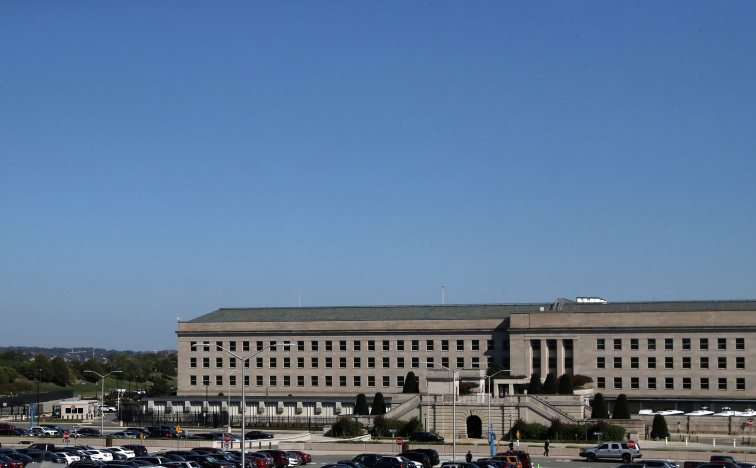
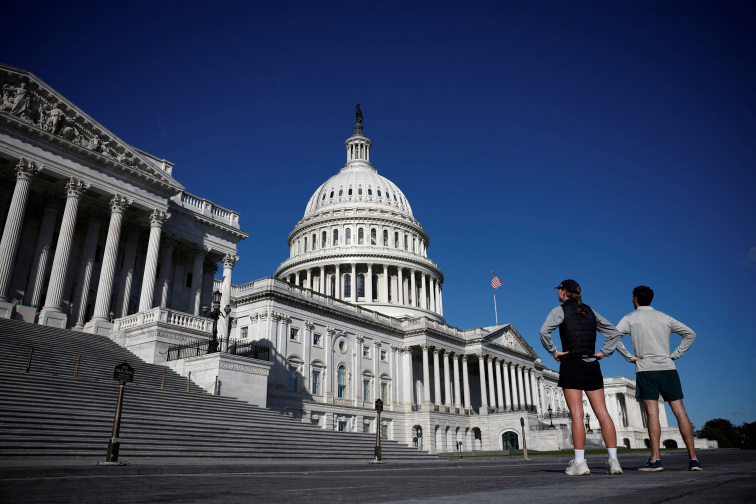

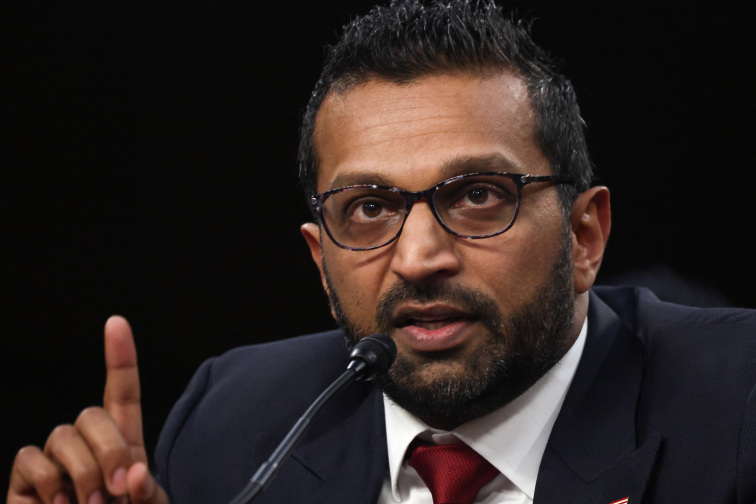
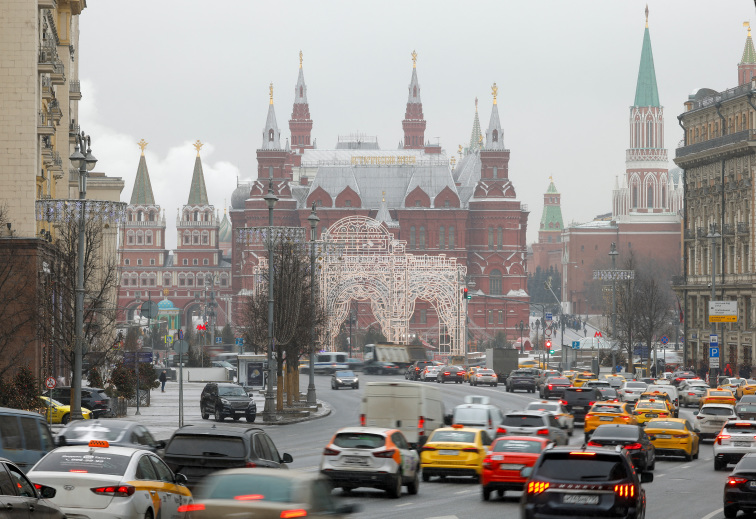
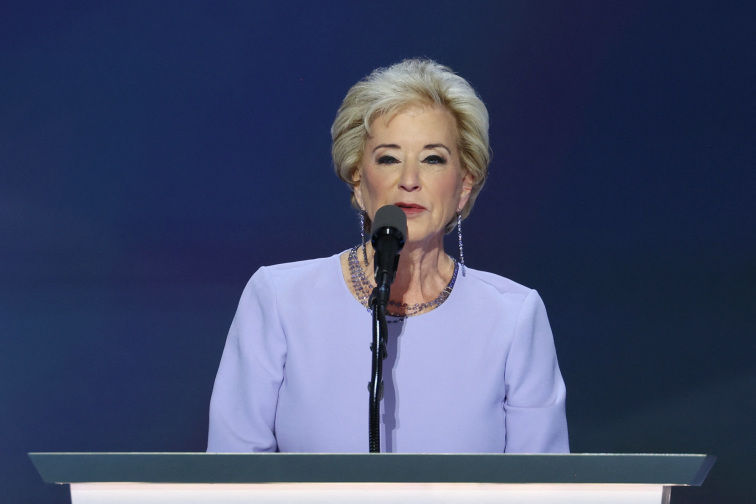

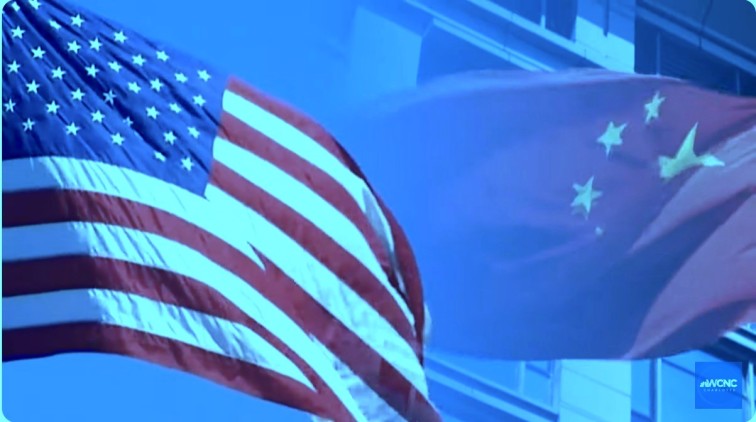

News magazine bootstrap themes!
I like this themes, fast loading and look profesional
Thank you Carlos!
You're welcome!
Please support me with give positive rating!
Yes Sure!